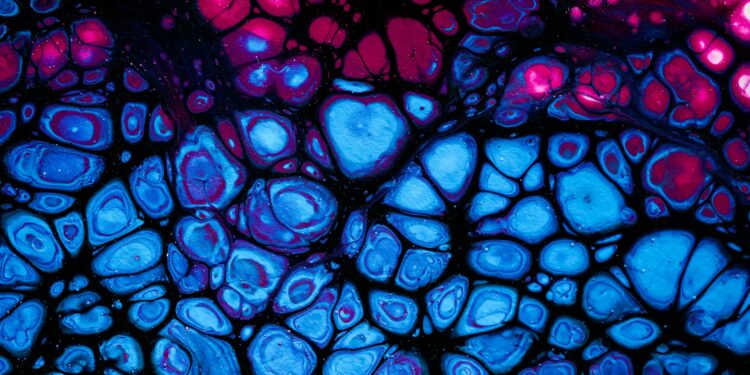This offers hope for millions.
A new stem cell-based therapy has shown promise in helping individuals with severe type 1 diabetes significantly reduce or even eliminate their dependence on insulin. In a recent clinical trial, 10 out of 12 participants who received a single infusion of the treatment were able to stop taking insulin completely within a year. The remaining two participants were also able to lower their insulin dosage.
Developed by Vertex Pharmaceuticals, the therapy — known as zimislecel — involves transforming stem cells into insulin-producing islet cells in the lab. These lab-grown cells are then infused into the patient, where they migrate to the liver and begin producing insulin naturally. The aim is to replace the islet cells destroyed by the immune system in people with type 1 diabetes.
This research focused on patients who suffer from a dangerous complication called hypoglycemic unawareness. These individuals are unable to detect when their blood sugar levels drop to dangerous levels, putting them at risk for fainting, seizures, or worse. Within a few months of treatment, most trial participants saw dramatic improvements, with severe low blood sugar episodes disappearing within 90 days.
The therapy builds on over two decades of scientific work, largely driven by Harvard researcher Doug Melton, whose personal connection to the disease inspired years of research into converting stem cells into islet cells. Although the therapy requires recipients to take immune-suppressing medications — which carry their own long-term risks — many experts believe the benefits may outweigh the risks for certain patients.
While zimislecel has not yet received FDA approval and its price is still unknown, medical experts are optimistic about its potential. Patients like Amanda Smith, a Canadian nurse who is now insulin-free, have described the outcome as life-changing. Though more research and longer-term follow-up are needed, the results represent a significant milestone in the search for a functional cure for type 1 diabetes.

































Discussion about this post